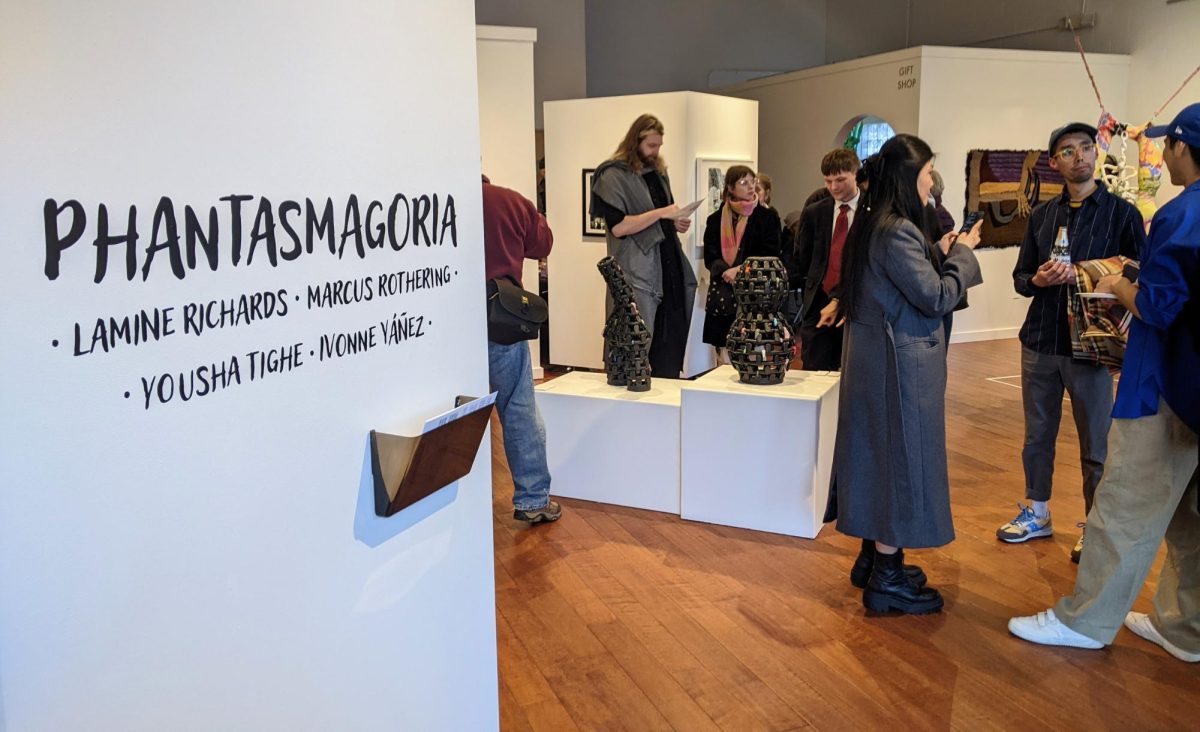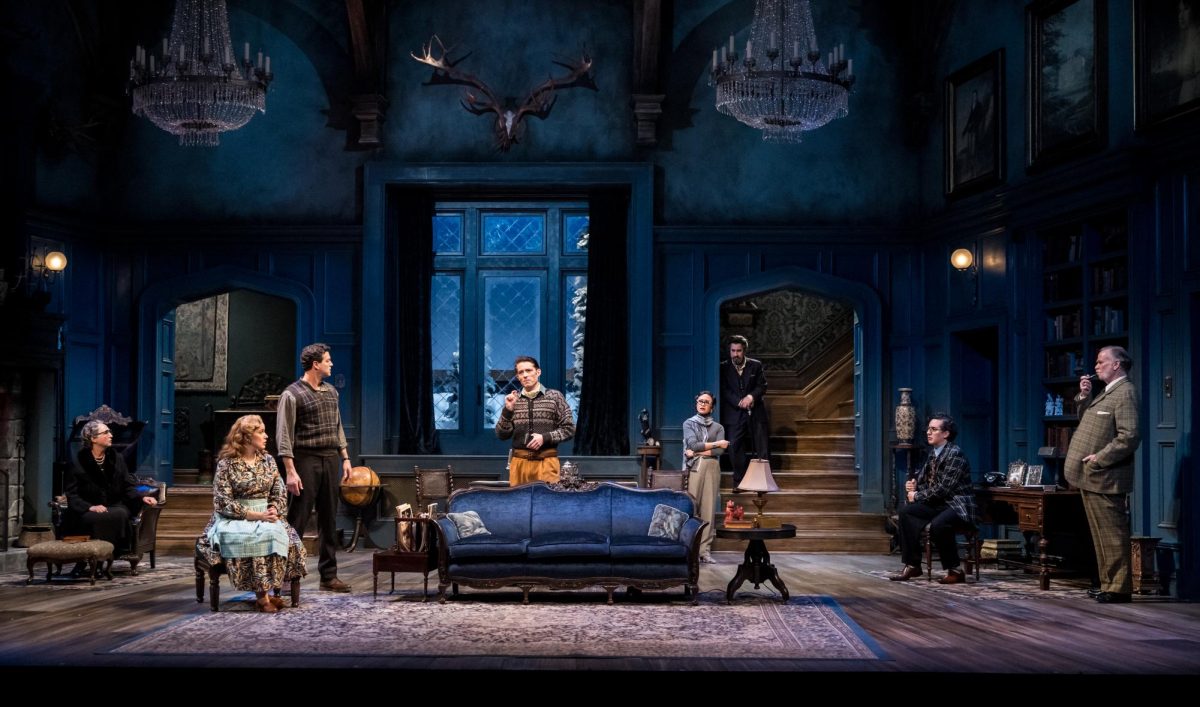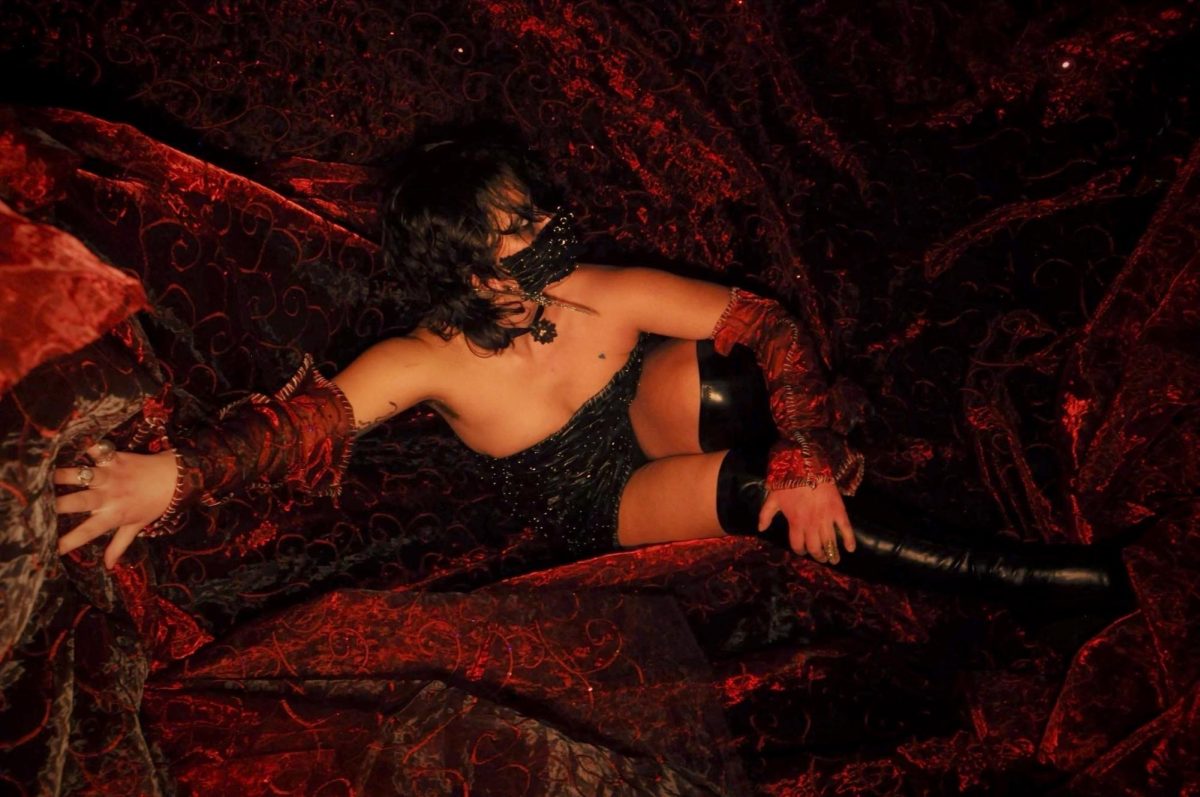After becoming the youngest artist ever to receive a Minnesota State Arts Board grant, 23-year-old Miles Mendenhall went from being a laborious University of Minnesota art student to one of MinneapolisâÄô most talked-about screen printers. Adhering to the do-it-yourself ideology, Mendenhall has found success selling his work independently and through various exhibitions. Today, Mendenhall dabbles in the digital realm, crafting gripping images of geometric patterns that are as unique as they are hypnotic. This Wednesday, Mendenhall will make his first appearance under the national spotlight as a contestant on BravoâÄôs new reality show, âÄúWork of Art: The Next Great Artist.âÄù A&E chatted with the artist about his life and his art. Were you always interested in pursuing art as a profession? I just got into it during school. I could fake my way through everything else âÄî get straight AâÄôs and everything âÄî but I think art was one of those things that I cared about figuring out. The rest of the stuff was easy and art was kind of the most challenging thing for me. Did you like it because it was challenging? I liked it because you couldnâÄôt really put a formula to it. I mean, you can put a formula to writing and math and history and all those things. And in art, yeah, there can be a formula you can put to it, but itâÄôs a little harder to figure out. What kind of art did you start out doing? I started out painting a bunch, and then it kind of turned into print. I became really obsessed with surface texture on paintings and being able to whip them out quickly, so I turned to screen printing to provide me with a really commercial-feeling surface and the ability to really mass-produce paintings. Explain your creative process. Well the stuff IâÄôm interested in is just really, really simple imagery thatâÄôs displacing for a viewer or arresting. You know, stuff that uses the kind of optical things that your eye can take in and put your mind into a more relaxed, hypnotic state. IâÄôve read that your pieces speak to the nature of randomness and control. Can you explain what that means? Is that even accurate? I donâÄôt think so much anymore. I think the thing that IâÄôm really interested in is just things that already are or have already happened. The stuff I made for the Highpoint [Center for Printmaking] show, I didnâÄôt really make any of it, I just kind of curated it in terms of finding these limits of the computerâÄôs ability to display certain information and bringing that forth in a screen print or things like that. So youâÄôre not exactly drawing inspiration from somewhere to create these things? Yes and no. ItâÄôs kind of a tricky thing because I am inspired to curate them and bring certain ones forth and recognize that other ones arenâÄôt so good, but I think the biggest thing is the exploration of this digital world and this kind of curiosity is how these bits of it start to feel much more human than I expect. How did your experience at the University of Minnesota shape your career? I liked the U because there was a wide breadth of knowledge offered there and I could explore a bunch of different things and then in the same sense have the facilities and professors available to really fabricate the pieces that I wanted to without any sort of hindrance of it being impossible. ThereâÄôs just so many good amazing tools and resources and so many great professors to put your head together with. When did you first hear about the Bravo show? I just heard about it when it was in the works, and I couldnâÄôt think of anything more stupid and problematic than that. I mean, think about the whole setup. ItâÄôs inherently problematic and not conducive to making art in the least. WhyâÄôd you choose to participate in it then? I think, for me, I was interested in other aspects. I think the least of my interest in it was being on a reality TV show, I think the thing I was more interested in was the things that happen to people after theyâÄôve been on these shows in terms of social repercussions and how people are perceived. What were your initial feelings when you heard about it? I think I started laughing hysterically âĦ I find the whole thing very funny and comical.
Miles Mendenhall tackles reality TV
The U graduate will appear as a contestant on Bravo’s new reality show, “Work of Art: The Next Great Artist.”
by Raghav Mehta
Published June 9, 2010
0
More to Discover







